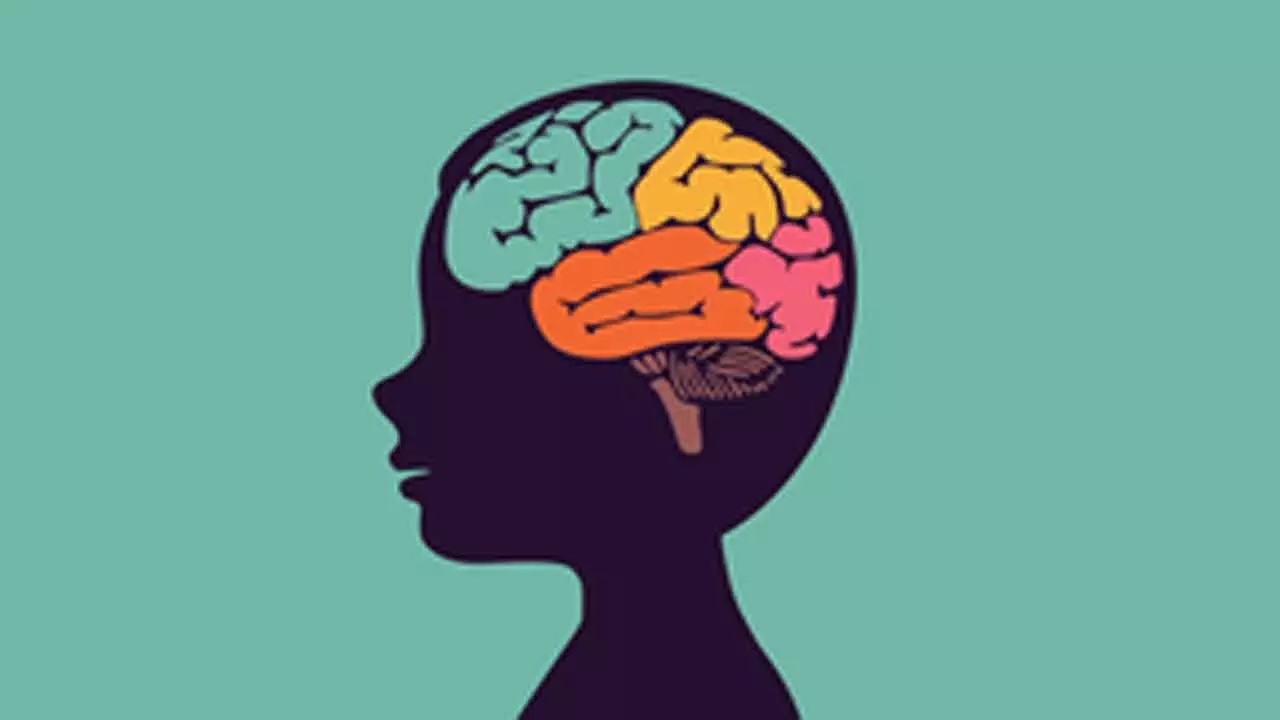Research uncovers brain pathway linked to autism, cerebral palsy
Once activated, these cells produce new neurons, aiding in brain repair and growth
Research uncovers brain pathway linked to autism, cerebral palsy

The researchers discovered that astrocytes release a signalling protein called Folded gastrulation (Fog), which initiates a chain reaction that activates the Formin protein pathway, controlling actin filament movement and reactivating neural stem cells
New Delhi: Researchers have found a brain pathway to activate dormant neural stem cells, offering promising avenues for treating neurodevelopmental disorders like autism, learning disabilities, and cerebral palsy.
The team at Duke-NUS Medical School and the Mechanobiology Institute (MBI) at the National University of Singapore (NUS) in Singapore found that in the adult mammalian brain, most neural stem cells remain dormant until specific signals trigger their activation.
Once activated, these cells produce new neurons, aiding in brain repair and growth. Malfunctions in this activation process are linked to cognitive decline associated with ageing and neurodevelopmental disorders like microcephaly.
Globally, neurodevelopmental disorders affect about five per cent of children and adolescents, impairing cognition, communication, and motor skills.
To explore this activation process, the researchers studied Drosophila or fruit flies. Like mammals, fruit flies’ neural stem cells remain dormant until awakened. Their findings revealed that astrocytes -- glial cells traditionally seen as supportive -- play a crucial role in reactivating dormant neural stem cells in fruit fly brains.

